Staff Answer
Oct 23, 2020 - 02:59 PM
Succulents can display a wide range of shapes and growth habits. We use the following categories to help you find the plant forms you want.
Rosette
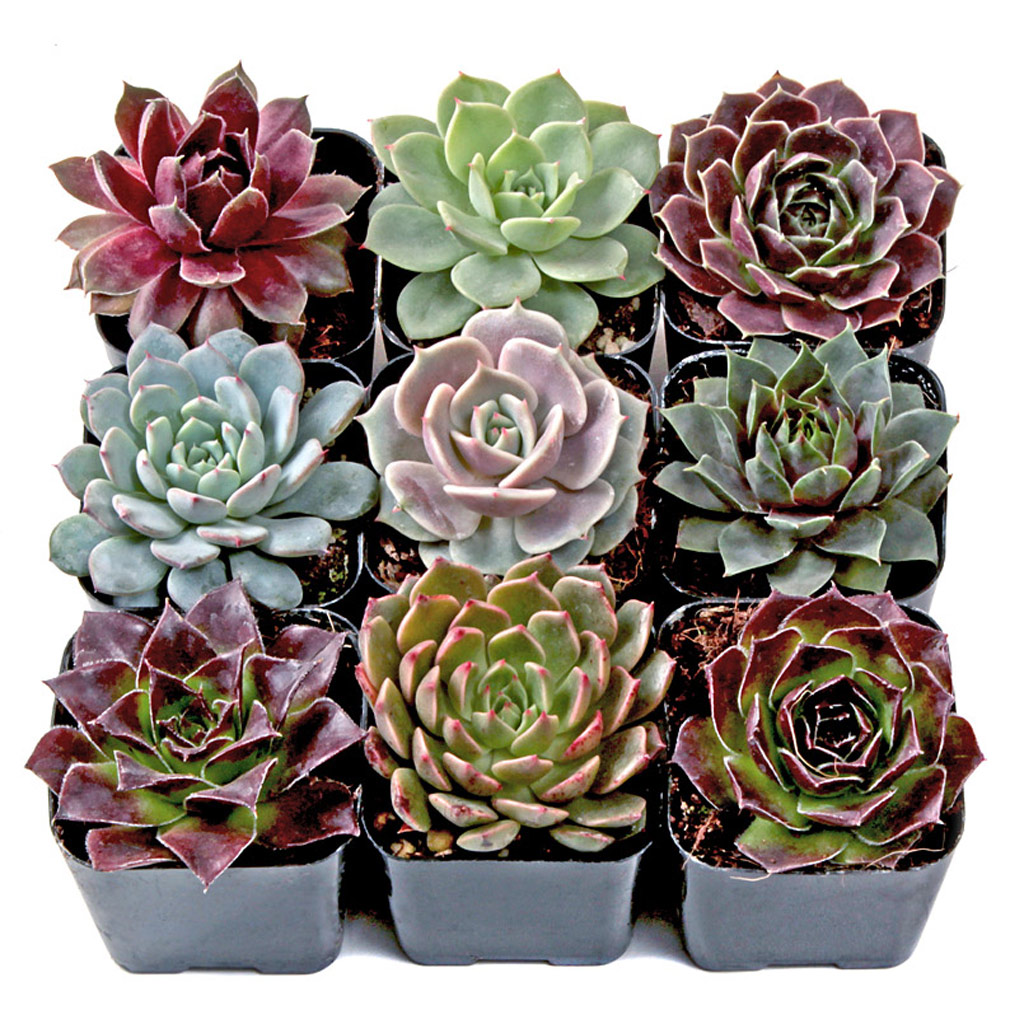
Many succulents have very short stems with leaves arranged around them like the petals of a flower. This form is sometimes said to resemble a lotus or an artichoke and is best exemplified by Echeveria and Sempervivum (Hens & Chicks).
Loose Rosette
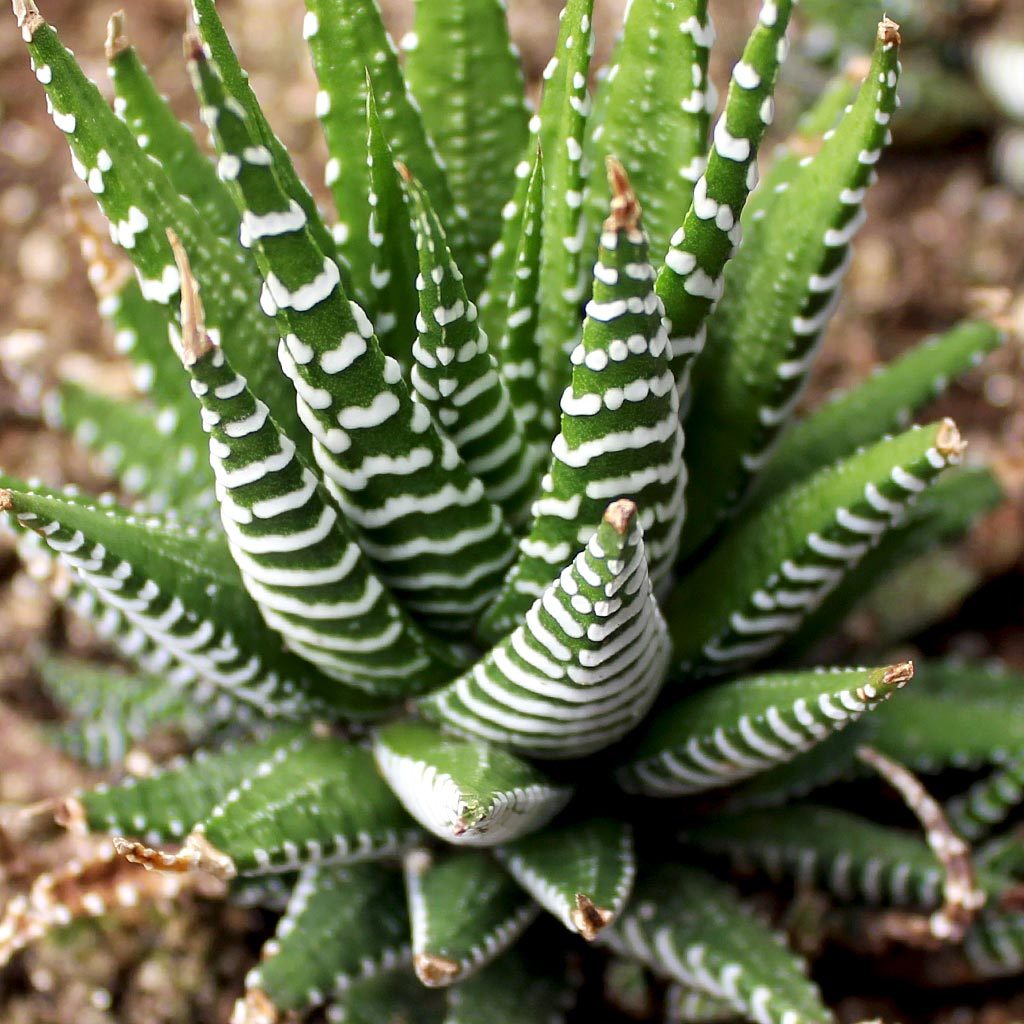
We use this term to describe plants that fit the true, botanical definition of rosette, but have a more open look due to their longer, narrower leaves. You can see this growth form in all of the Aloe and Agave.
Vertical / Stemmed Grower
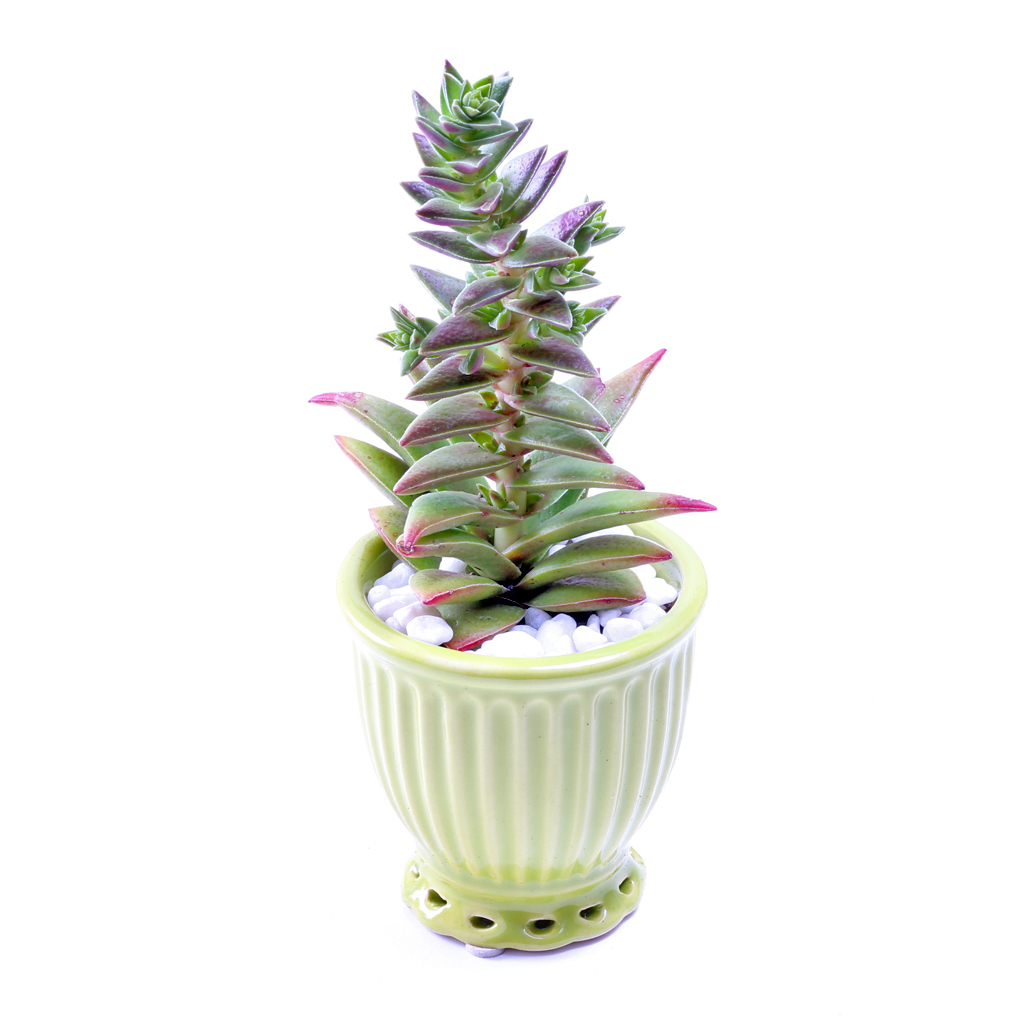
Some succulents have a taller, more noticeable stems. Height depends on species, age, and environmental conditions, but most of our stemmed varieties are 3.0" to 12.0" tall at maturity. Sedum (both soft and hardy) and Crassula tend to have stemmy forms.
Hanging / Trailing
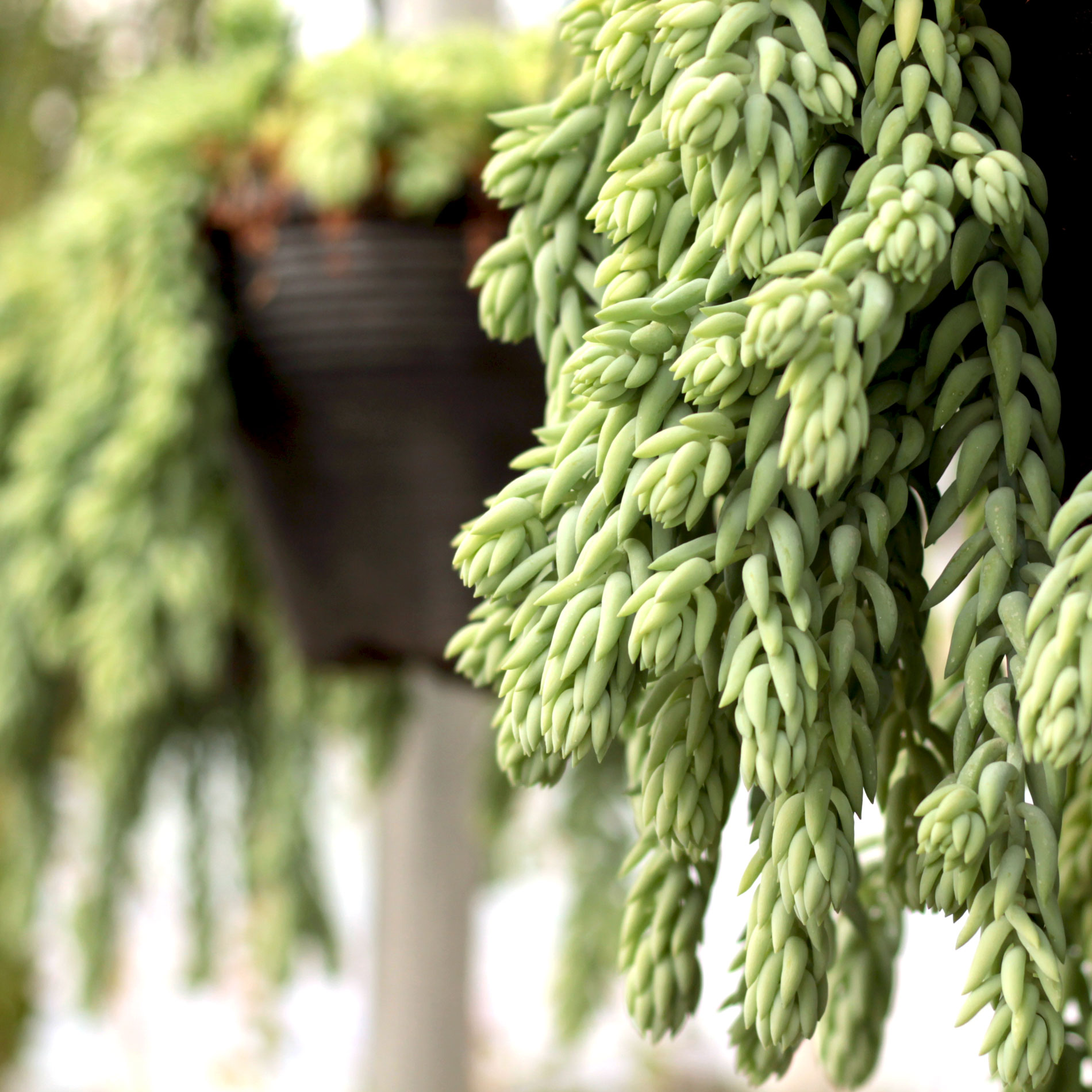
These varieties have stems that are long and flexible enough to spill out of containers. With time, some can even grow over 1.0' long and trail like vines from hanging pots. There are a number of Senecio "string" varieties known for this characteristic, but look to the category page for the whole mix of Hanging / Trailing Plants.
Low Growing / Creeping

The "creepers" have long, flexible stems and they can put down roots as they spread out laterally. These types, such as hardy Sedum (Stonecrop), tend to make excellent choices for Ground Cover.
Shrub
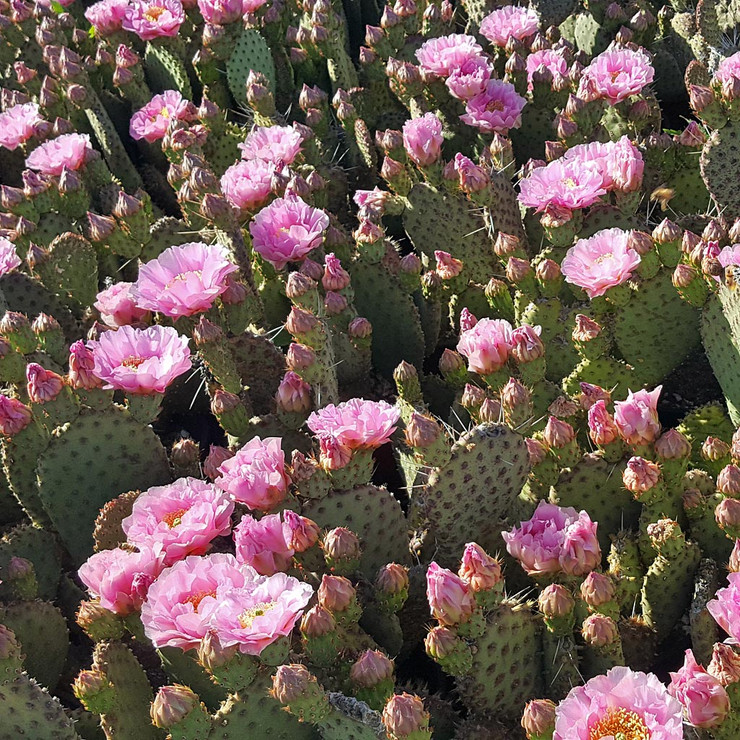
These are our largest varieties at maturity. When grown outdoors in their preferred conditions with space to expand, their sturdy stems can reach over 2.0' tall. Opuntia (Prickly Pear Cactus) and some of the Jade Plants (Crassula) can serve as large landscaping bushes.



Add New Comment